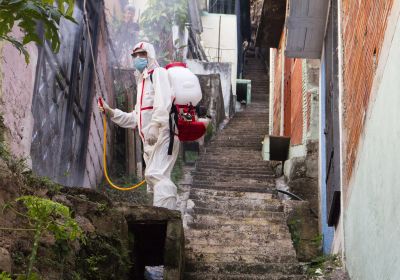
The England and Wales Court of Appeal has overturned a court decision that denied the Venezuelan government access to its gold stored in the Bank of London, write Vijay Prashad and Carmen Navas Reyes.

The England and Wales Court of Appeal has overturned a court decision that denied the Venezuelan government access to its gold stored in the Bank of London, write Vijay Prashad and Carmen Navas Reyes.
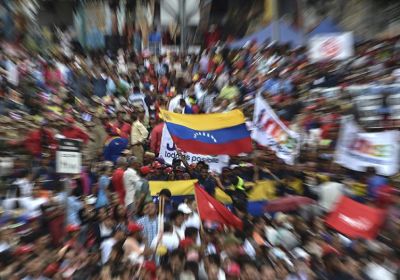
The dice have been thrown and the game is on in Venezuela. This week has seen the country enter into new uncertain and dangerous terrain, although with some predictable elements. We have witnessed different variables develop, and now wait for new elements that may catalyse or justify an outcome.
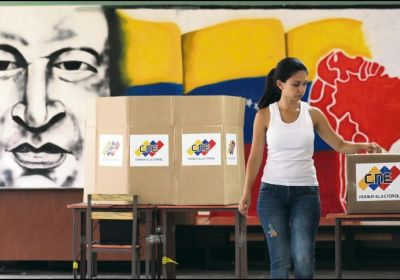
The refusal by presidential candidate Henri Falcón to recognise the results bodes poorly for Nicolas Maduro’s new term as president. The consolidation of a moderate bloc within the opposition that Falcón represented — which recognises the government’s legitimacy — would have significantly cut into the strength of the more intransigent or radical parties on the right and provided Venezuelan politics with much needed stability.

The situation was bleak for Venezuela’s pro-poor Bolivarian Revolution in the first half of last year.
With a dire economic situation and a growing wave of violent opposition protests, President Nicolas Maduro turned the tables by convening a National Constituent Assembly (ANC) in July.
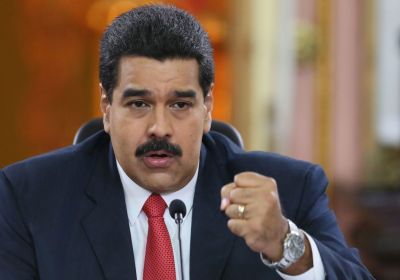
Venezuela's presidential elections have been set for April 22 as talks between the government and opposition aimed at promoting peace and unity appeared to crumble.
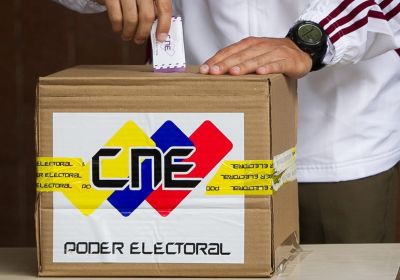
The approval ratings of Venezuelan President Nicolas Maduro rose to 23.2% at the end of September, according to a new poll conducted by private centre-right think tank Datanalisis.
The increase in the head of state’s popularity comes just weeks ahead of regional elections scheduled for October 15, when Venezuelans will choose their state governors for the next four years.
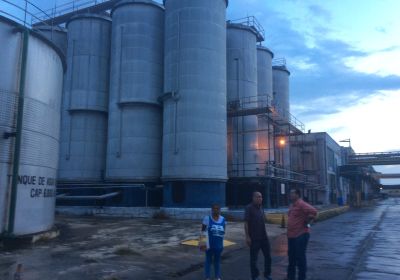
Workers in Venezuela are demonstrating what is possible when workers and communities take over the means of production.
Faced with a company shutdown and mass sacking, workers at the former Brahma beer factory in Barquisimeto, Lara state, occupied the factory in 2013. Today, the company is owned by the community, run by workers and geared towards meeting the need of local farmers and residents.
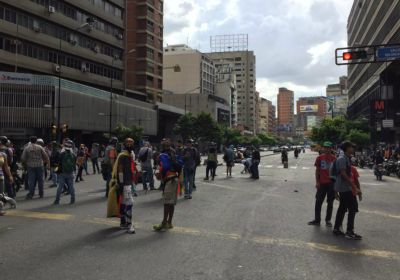
Venezuela’s right-wing opposition announced on September 26 that its representatives would not attend the upcoming round of exploratory talks that were set to be held in the Dominican Republic the following day.
The boycott came one day after a small group of masked opposition militants took to the streets of the wealthy eastern Caracas municipality of Chacao in renewed anti-government roadblocks.
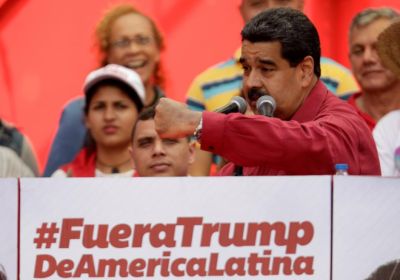
With the Venezuelan right-wing opposition in disarray after failing to overthrow President Nicolas Maduro through violent protest, and divided in the face of the upcoming October 15 regional elections, the frontline of the battle for Venezuela’s future has shifted outside its borders.
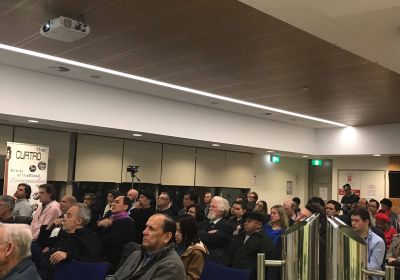
In recent months a small section of Venezuelans living in Australia have decided to embrace some of the aggressive tactics used by fellow right-wingers living in other parts of the globe.
With a campaign established to deport Lucia Rodriguez, the daughter of Caracas mayor and United Socialist Party of Venezuela (PSUV) leader Jorge Rodriguez – she was accosted in Bondi a few months ago – and two Venezuelans removed by police from the Latin America Down Under mining expo held in Perth, it is becoming apparent some Venezuelans view these types of actions as acceptable.
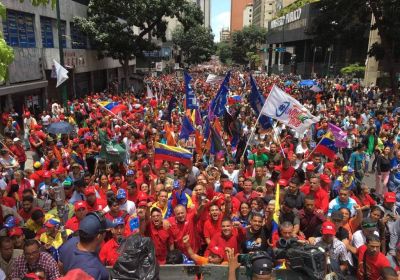
US President Donald Trump told the media on August 10 that he would not “rule out “military options” for dealing with Venezuela. His comments were followed by the imposition of economic sanctions against Venezuela on August 25.
Labeling Venezuelan President Nicolas Maduro as a "dictator", the White House said in a statement that the new sanctions seek to block "a critical source of funding" for the Venezuelan government, which is having to deal with a deep economic crisis.